These Trip-Killers Can Blow Up Your Best Waterfowl Plans
If you've spent much time knee-deep in green timber or hunkered in a muddy field, you know many factors can ruin a hunt.
The weather might change. Shooting can go south. Dogs break. Or the situation just goes sideways.
But often, we sabotage hunts before loading our guns, usually because of laziness, ignorance, stubbornness or plain human error. And when we realize our folly, it's often too late, and what might have been a memorable hunt becomes a painful learning experience. In the spirit of fun and troubleshooting, let's look at six ways to blow your duck hunt before the guns sound.
Click here for more Realtree waterfowl hunting content. And check us out on Facebook.
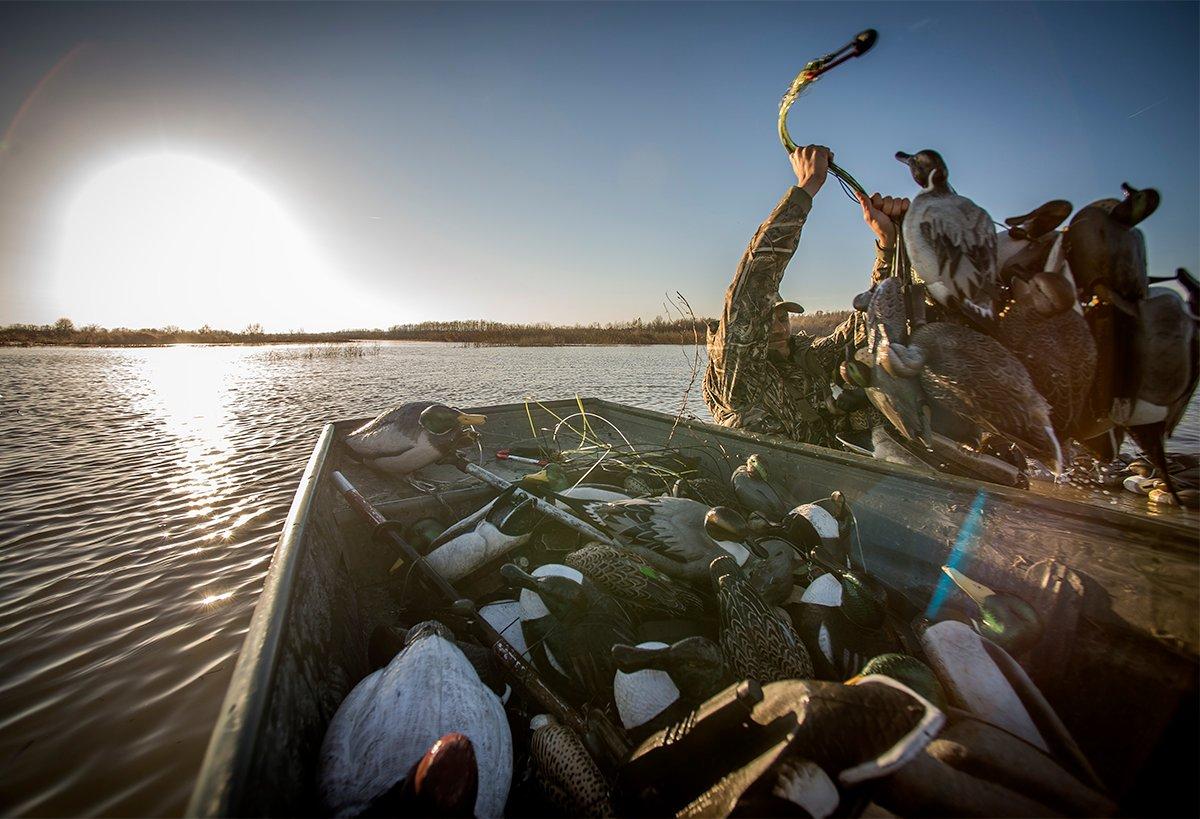
Yeah, I'm a broken record, but this is gospel. Getting to the wood duck hole an hour before first light means a long, cold wait. Arriving five minutes after shooting hours assures failure. That holds true with the goose pit, a prairie slough or even a big-water diver blind. Hey, get plenty of sleep. Arrive at your hunting area early enough to allow safe travel, and leave plenty of time to assess the situation and set up. When shooting hours arrive, you'll be ready and prepared, not scrambling and frustrated.
Photo © Bill Konway
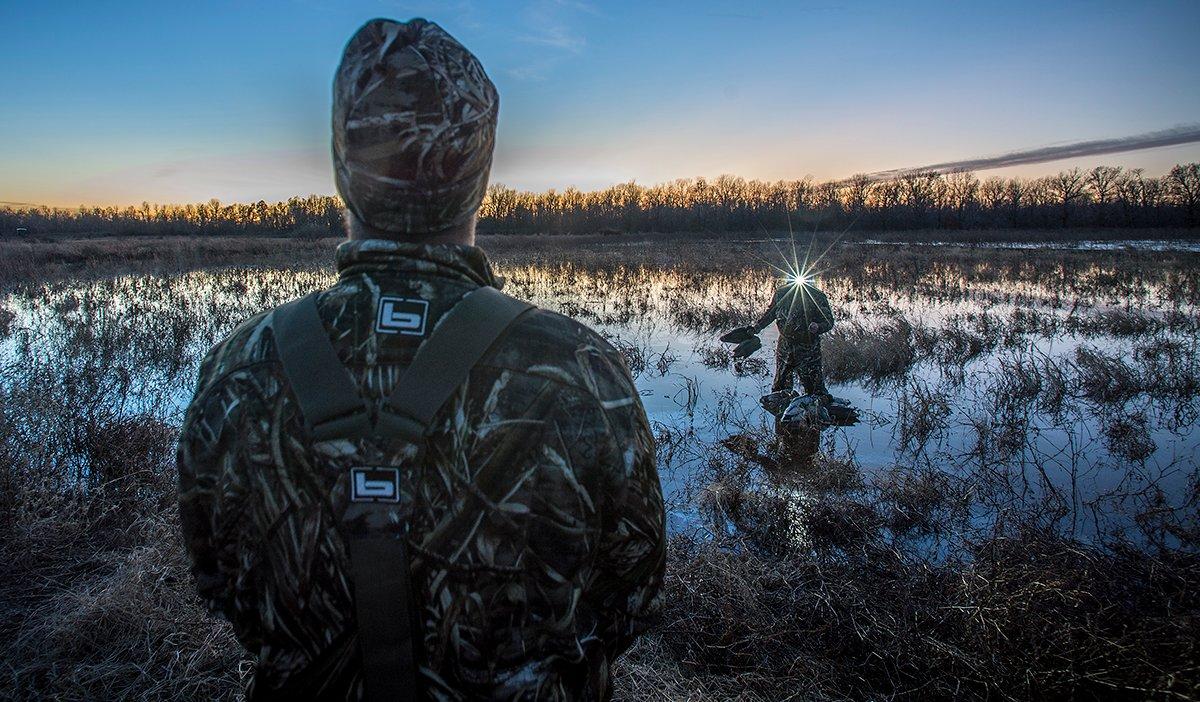
During the fog of a long, tiring duck season, we often skip items on our mental checklists. Those oversights usually haunt us. No headlamp? Chaos ensues. Left the long lines in the truck? Forget the diver setup. Neglected to bring spare motion-decoy batteries? Your field hunt will suffer. Heck, I even forgot to bring shells years ago during a walk-in goose hunt.
Check your gear list the night before every hunt. Or, if you're tired, check it before heading out in the morning. I'd rather be obsessive-compulsive about equipment than assume everything's OK and pay for it later.
Photo © Bill Konway
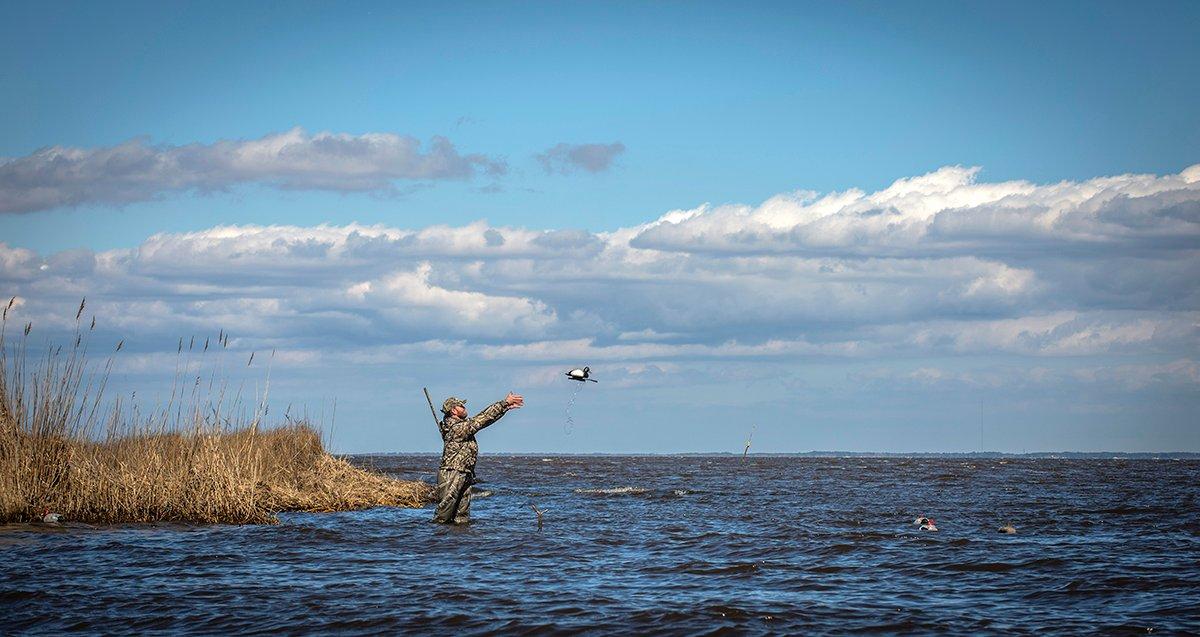
Seasoned duck hunters read conditions and can usually anticipate how birds might react. Those skills guide them to the best timber holes and big-water points and dictate how they hide and set their decoys. We err when we don't take everything into account. For example, setting up in the shadows of a cut oat field negates any advantage the rising sun might provide on approaching geese. And cheating the wind on a prairie slough ‚ setting your decoys for a southwest blow when it's really southeast ‚ assures that birds won't finish where you want them.
Observe conditions at your hunting spot, and visualize how birds will likely react. Then set up accordingly. If you mess up, don't be stubborn. Fix the problem immediately, even if it means picking up everything and moving.
Photo © Bill Konway
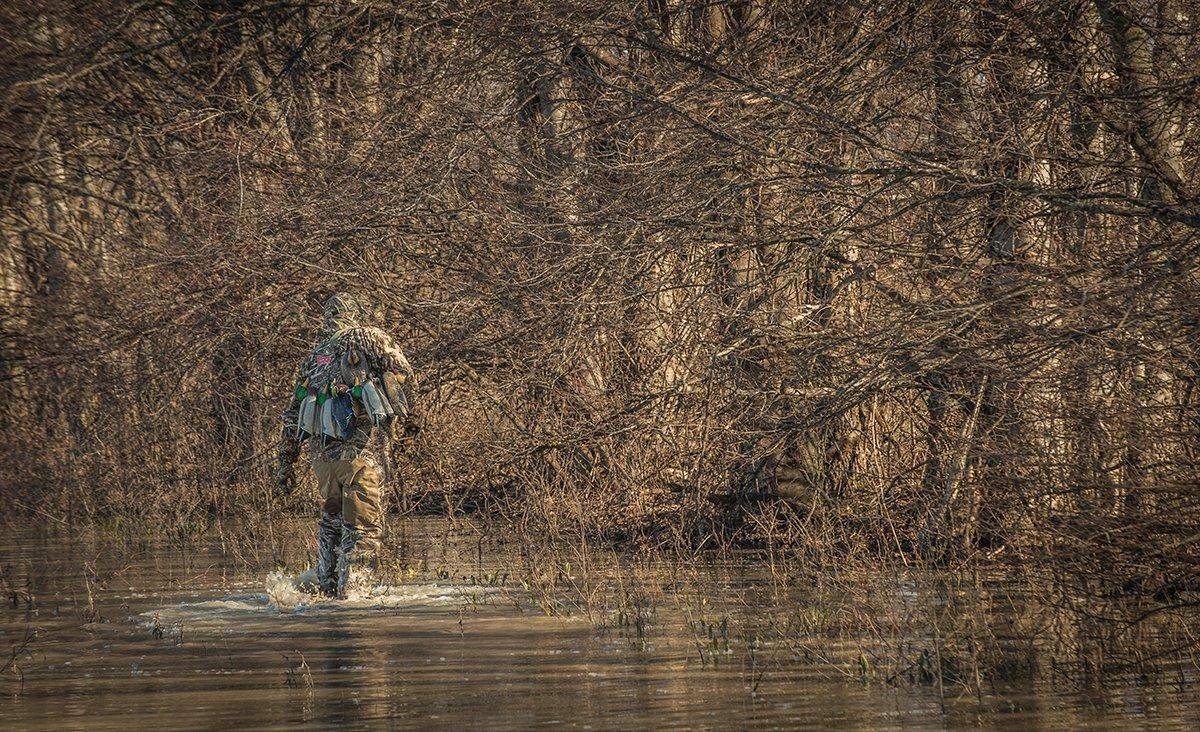
This goes hand in hand with item No. 3. Duck season can wear you outso it's tempting to take the easy road some mornings. Why put out six lines of decoys when birds might decoy to three? Does it really pay to spend an hour grassing in field blinds when honkers might finish anyway? If that slough a half-mile distant has birds, couldn't we shoot almost as many at a closer pond?
You know the answer to those questions and many like it. A half-baked attempt typically nets poor results. Always follow through with your best effort and full commitment. Hey, you've gone to the trouble of getting out of bed early and braving the elements, so you might as well finish the deal.
Photo © Bill Konway
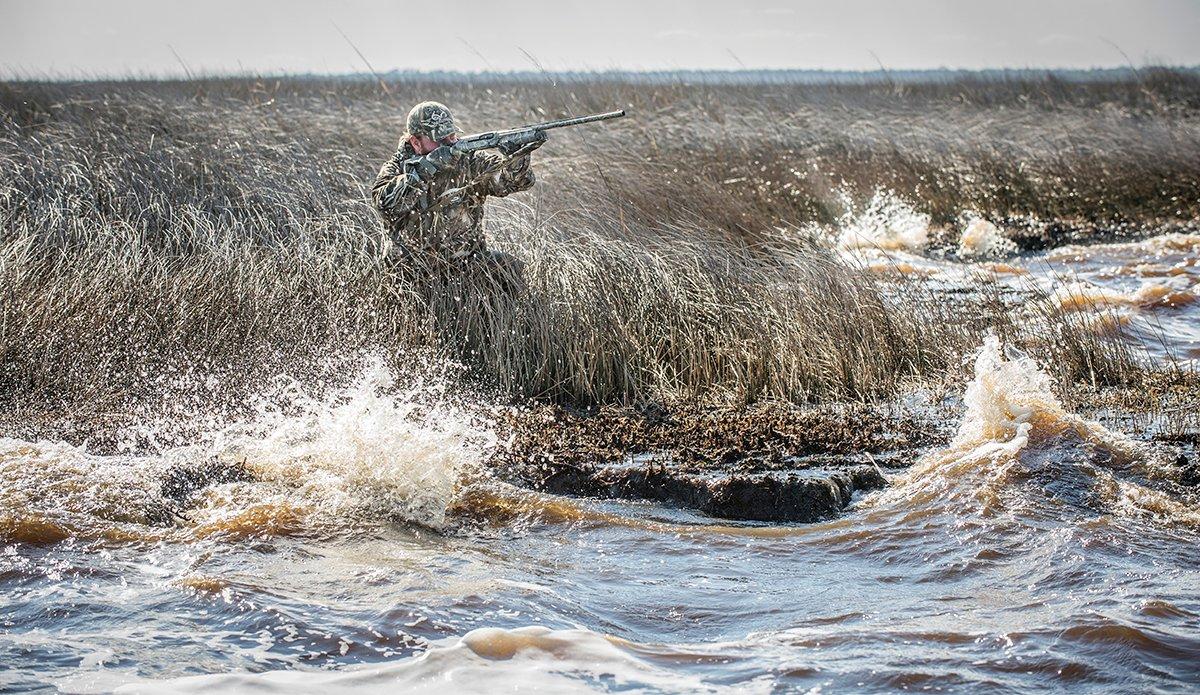
Waterfowlers often face tenuous situations that can only be overcome through guts and perseverance. After all, boating across windswept waters in the dark can be nerve-racking, as can picking up frozen decoys while your face and fingers burn. But sometimes, our waterfowling resolve can border on stubbornness, and that can ruin a hunt quickly.
You must know the line. If your inner voice questions the safety of a big-water boat trip, don't go. Conversely, if the wind dies and the mercury hits 80, you can reasonably assume that action won't improve. That doesn't mean you should only hunt when conditions seem perfect. Just use your experience to ensure safety or realize when your time might be better spent preparing for future hunts.
Photo © Bill Konway
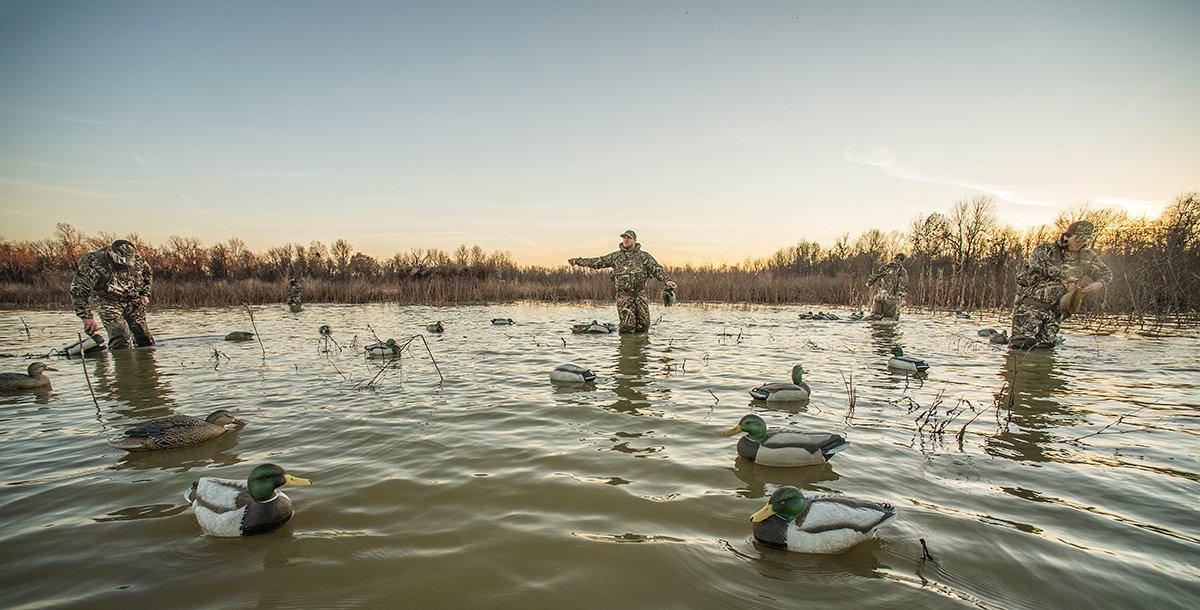
We've all played the public-land doubt game. Man, I hate going there because of the pressure, but that spot just has so many ducks. Maybe this year will be different.
No, it won't be. Well-known, easily accessible spots always attract hunters. And although your fellow hunters probably aren't bad people, they will goof up your efforts. You might see lots of birds and kill a few during the pass-shooting frenzy of first light, but those ultra-spooky ducks won't work, and they likely won't stick around long. I won't even get into the pre-dawn shouting matches or boat-landing confrontations that sometimes ensue.
Avoid high-pressure areas. Scout hard to find spots other guys haven't found or areas where they won't go. You might see fewer birds at those holes, but you'll boost your odds of success exponentially.
Photo © Bill Konway






